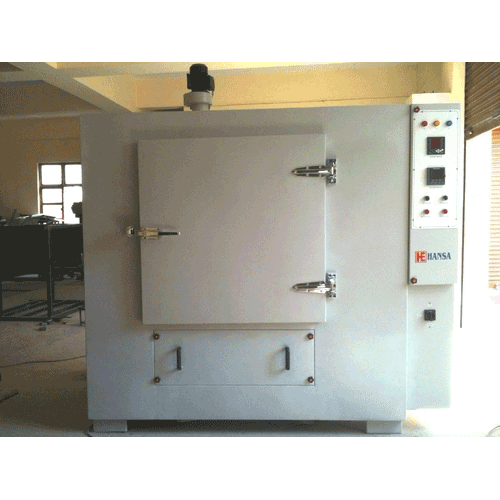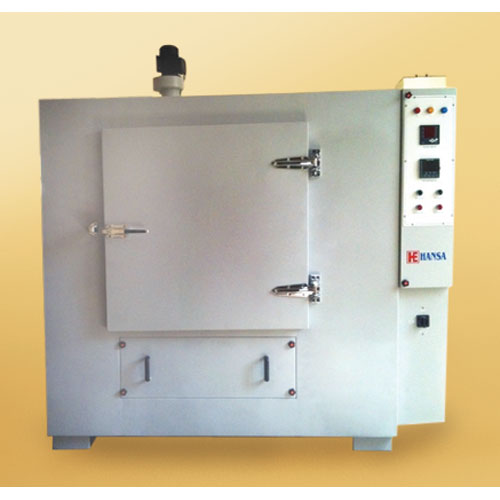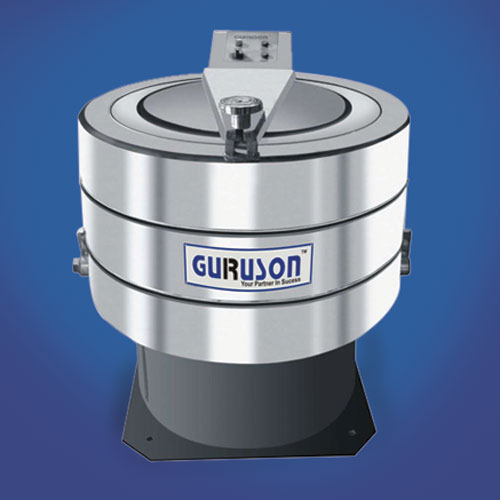Schedule a Call Back
Budget 2018: A big booster to SMEs
 Indian Economy
Indian Economy- Mar 01,18

Related Stories

Is your facility ready to handle the energy demands of full automation?
As warehouses scale AI-driven automation, energy demand is emerging as a critical constraint alongside productivity gains. Strategic power planning is now essential, writes Emily Newton.
Read more
SiMa.ai Partners Kaynes Semicon to Advance Physical AI Manufacturing in India
SiMa.ai has partnered with Kaynes Semicon to co-develop Make in India Physical AI systems and defence-focused AI solutions, accelerating adoption across industrial, automotive, aerospace and defence..
Read more
CEAT Partners CleanMax for 59 MW Hybrid Wind–Solar Power Project
CEAT has partnered with CleanMax to source ~59 MW of hybrid wind–solar power for its Halol and Kanchipuram plants, boosting clean energy use to around 60 per cent and cutting emissions significant..
Read moreRelated Products

Heavy Industrial Ovens
Hansa Enterprises offers a wide range of heavy industrial ovens.

High Quality Industrial Ovens
Hansa Enterprises offers a wide range of high quality industrial ovens. Read more

Hydro Extractor
Guruson International offers a wide range of cone hydro extractor. Read more












